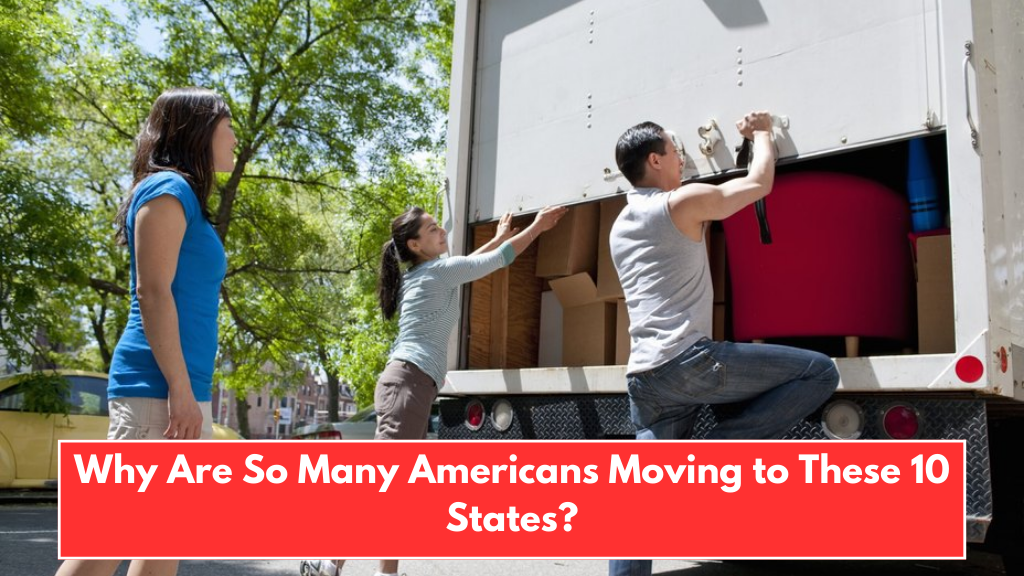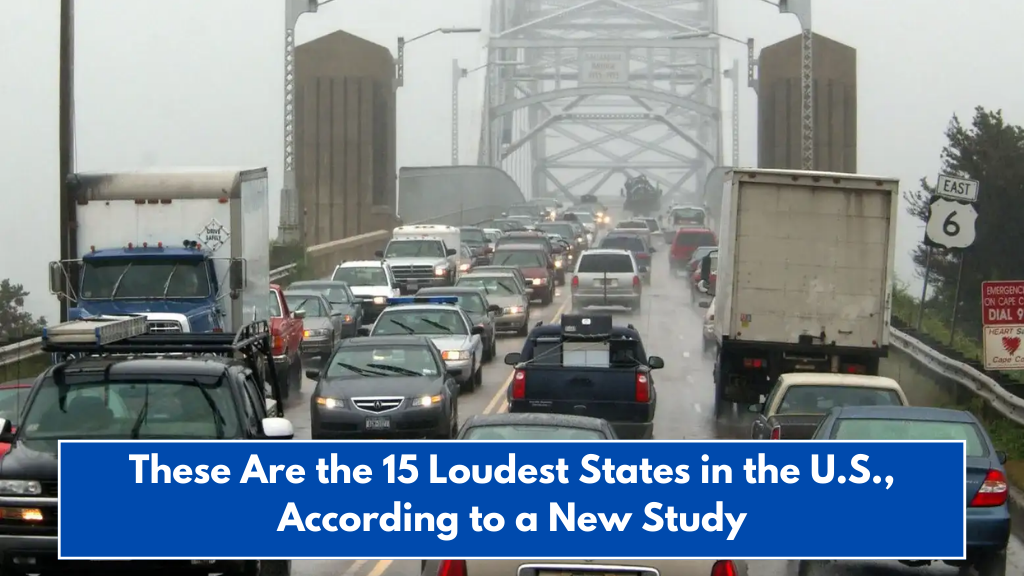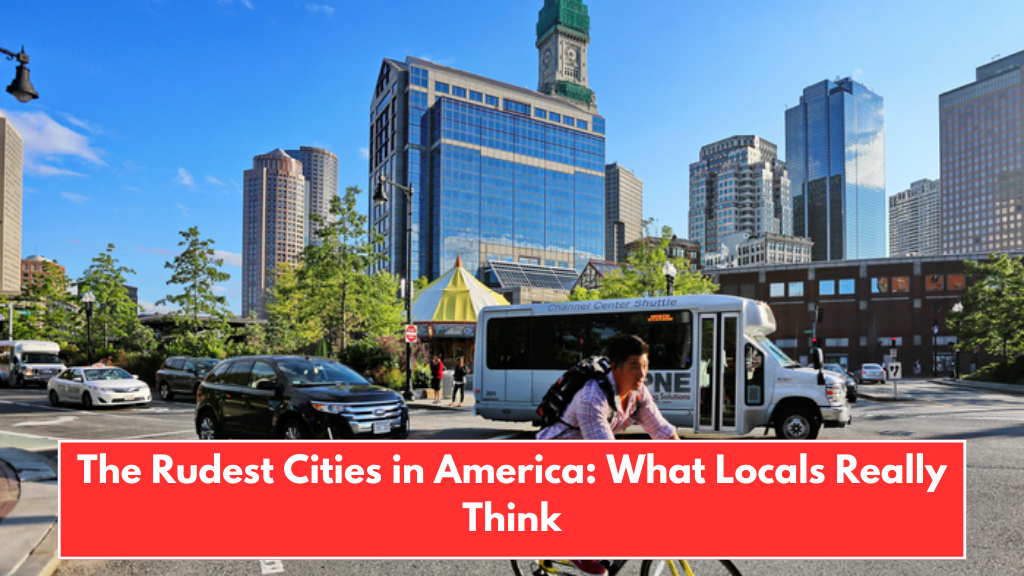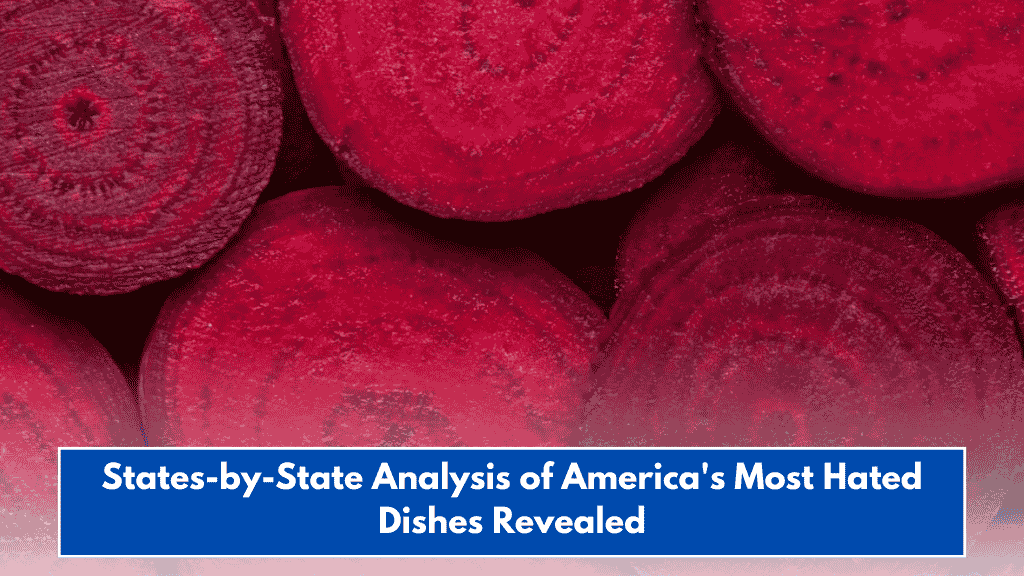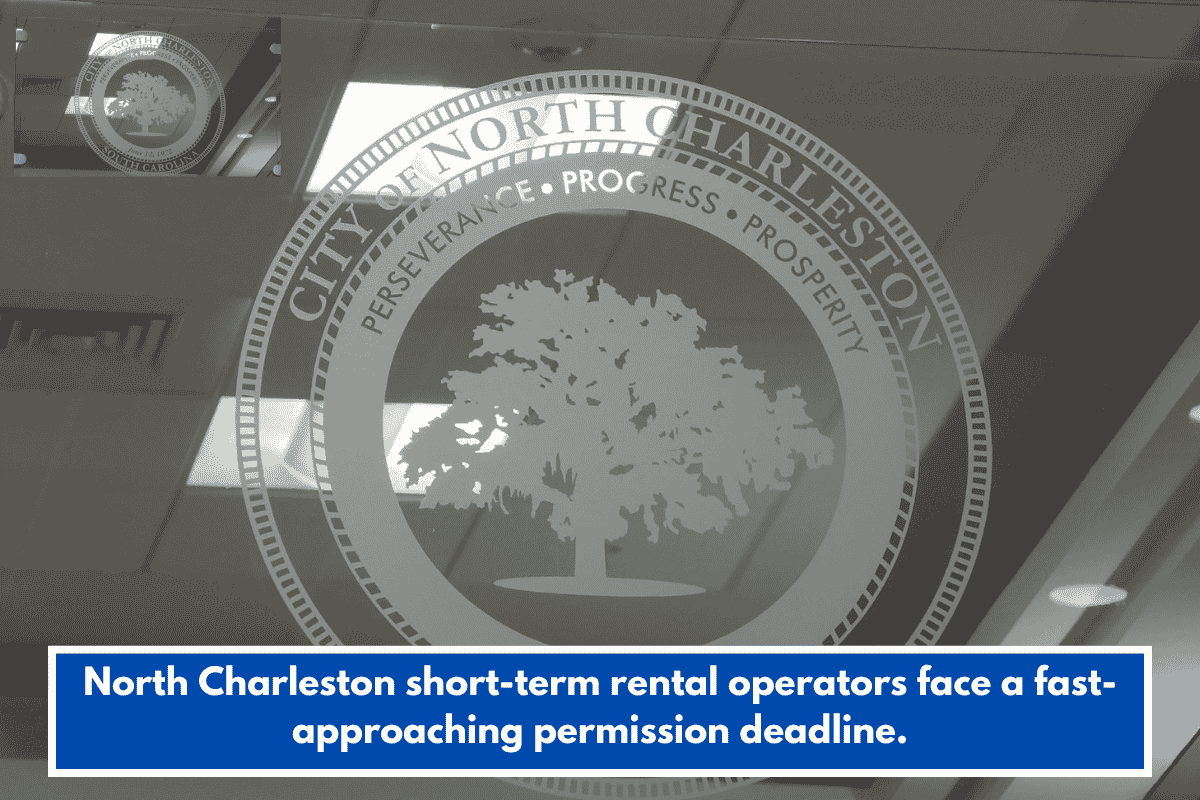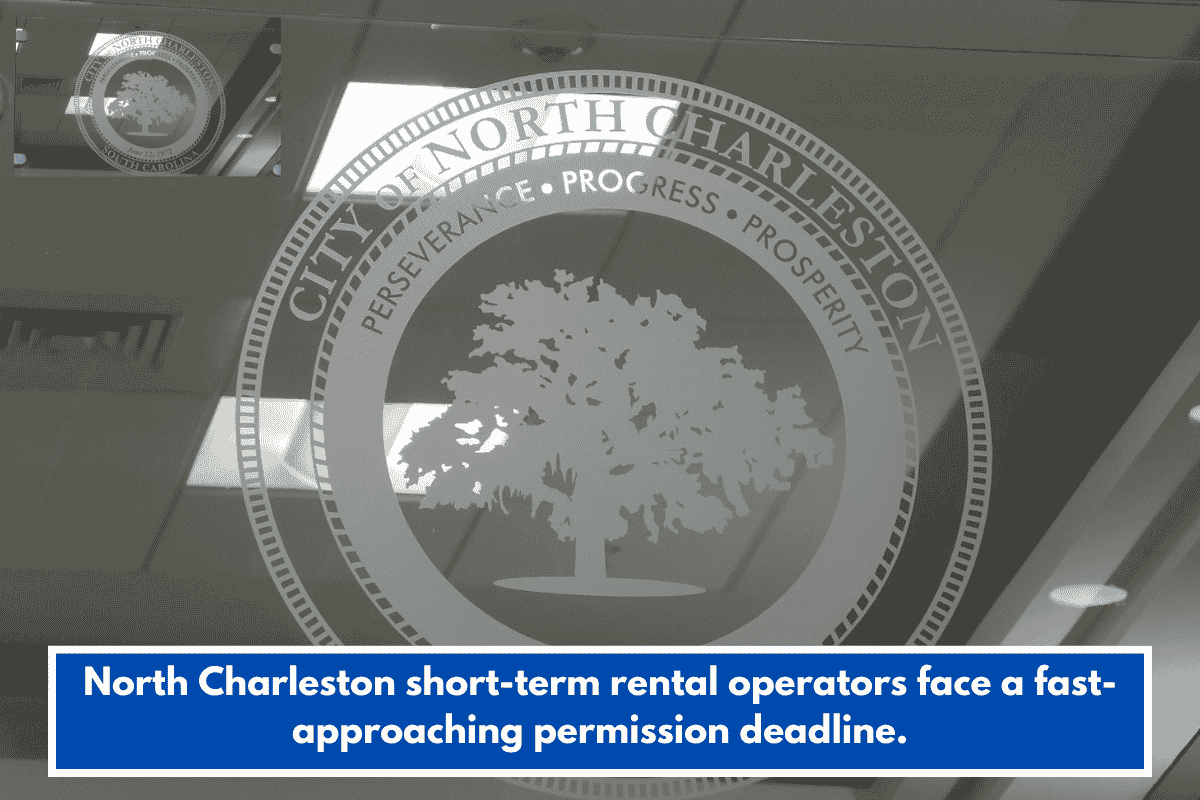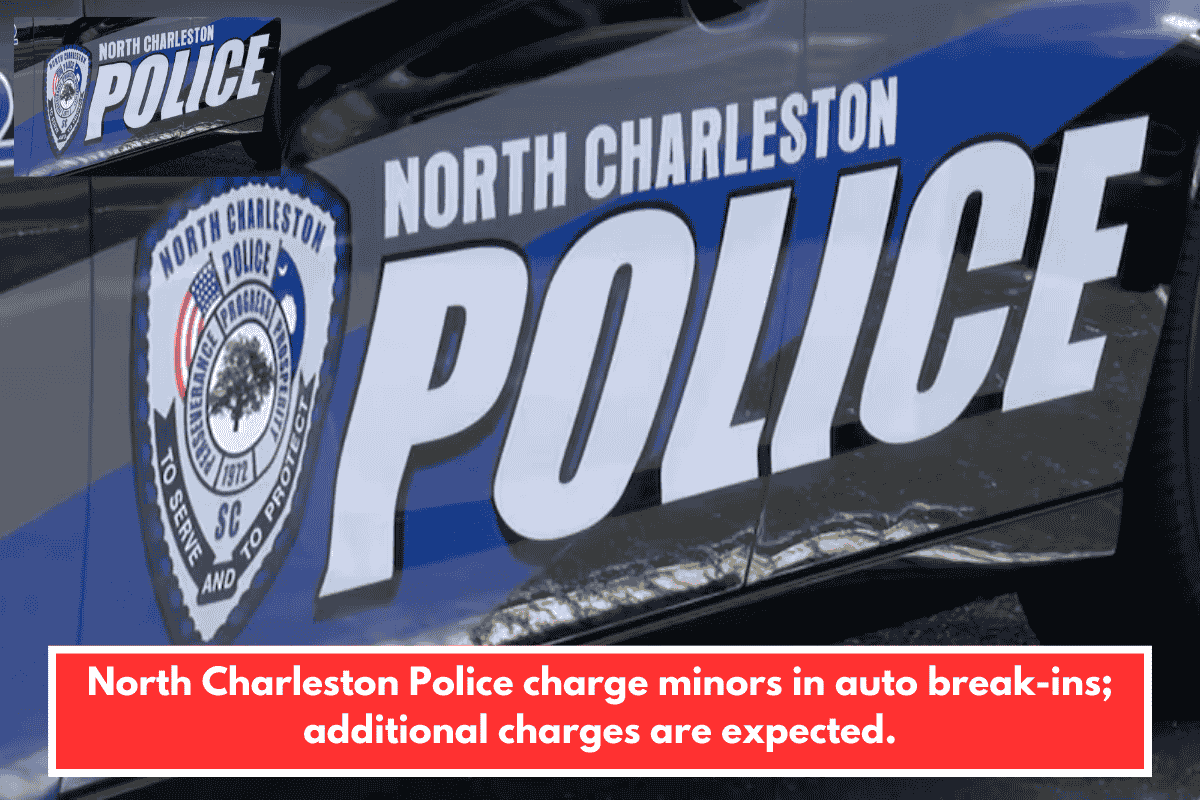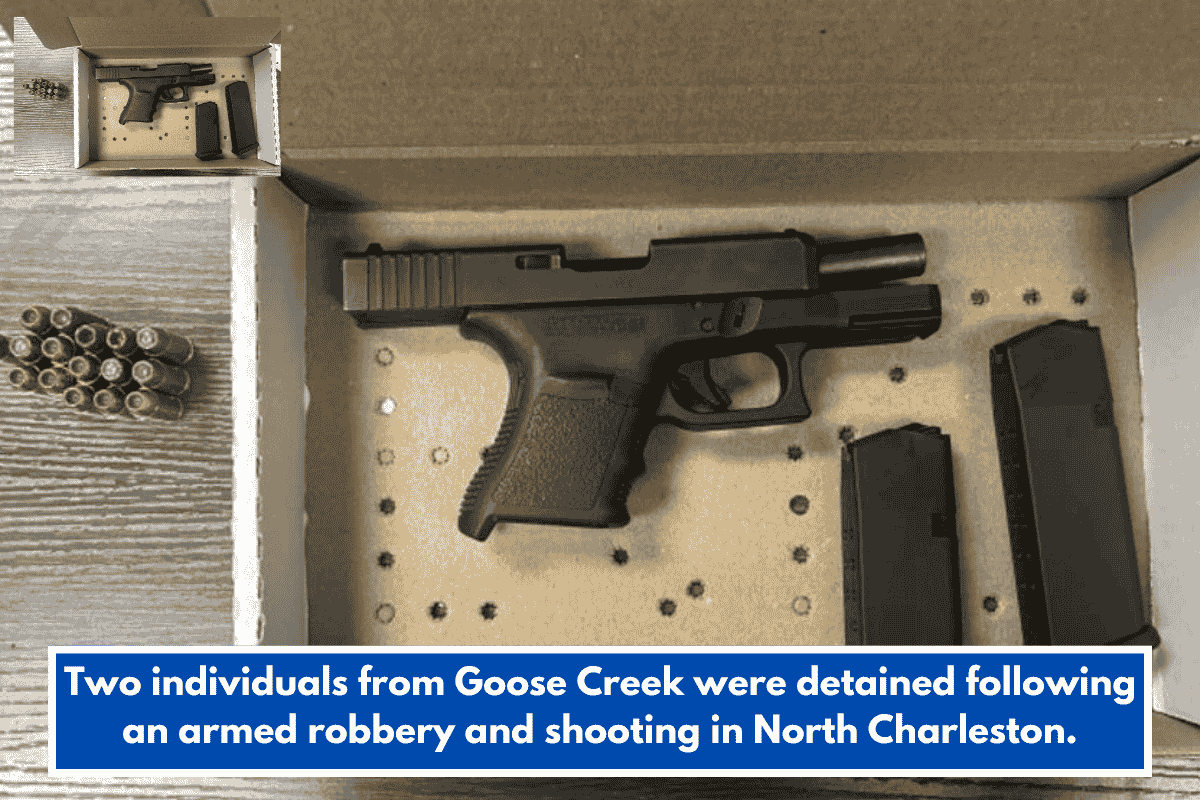Being a police officer is one of the toughest careers in the United States. Officers face dangerous situations, make life-and-death decisions, and are often criticized from every side.
However, according to a new WalletHub study, police officers in some states have a better environment to work in compared to others. Whether you’re considering a career in law enforcement or you know someone who is, it’s good to know where officers are treated better and where challenges are even greater.
Let’s look at how the states rank and where Alabama stands.
Methodology: How WalletHub Ranked the States
WalletHub evaluated 30 important factors for police officers. They grouped these into three main categories:
1. Opportunity and Competition
This includes factors like:
- Number of law enforcement officers per capita
- Average starting salary of police officers
- Salary growth potential
2. Law Enforcement Training Requirements
This looks at:
- Required training hours
- Whether states allow police work before basic training
- Continuing professional education hours
3. Job Hazards and Protections
This category includes:
- Availability of body-worn cameras
- How use-of-force investigations are handled
- How many departments carry Naloxone (medicine for opioid overdose emergencies)
Note: WalletHub also included Washington, D.C. in their data, so some rankings go up to 51 instead of just 50 states.
How States Were Ranked
Each state was given a score based on the three categories mentioned above. A lower number means a better ranking—for example, “1” means the best in that category.
For this article, we have only focused on the 50 states and not included Washington, D.C., separately.
The Reality of Police Hiring Today
Police departments across the country are struggling to hire and retain officers.
In 2023, The Washington Post reported that the San Francisco Police Department was short by nearly 30% of its officer allotment. They needed around 500 more officers to be considered fully staffed.
Some major reasons for the shortage include:
- New police accountability laws after the tragic death of George Floyd
- Criminal justice reforms aimed at reducing prison populations
- Increased hostility towards law enforcement in some communities
All these factors have made the job more stressful and less appealing for many.
Lowering Hiring Standards: A Risky Solution
Due to the extreme shortage of officers, some police departments have started lowering their hiring standards. According to the FBI, departments have eased rules regarding:
- Visible tattoos
- College degree requirements
- Past minor drug use
- Strict credit checks
- Minor arrest records
While these changes can help attract more candidates, the FBI warns that they might lead to:
- Increased use of force
- Higher injury risks for officers
- Greater chances of corruption among officers with poor financial histories
Clearly, while these adjustments might solve hiring problems temporarily, they bring their own set of new risks.
Being a police officer has never been easy, and in today’s changing world, the challenges are even greater. WalletHub’s study gives an important insight into which states provide better opportunities and protections for police officers.
For those thinking about a career in law enforcement or those supporting someone in the field, understanding the best and worst states for police officers can make a big difference. While there’s no simple solution to all the challenges police departments face today, it’s clear that both the profession and the public must continue to work towards building trust, safety, and fairness for everyone involved.




